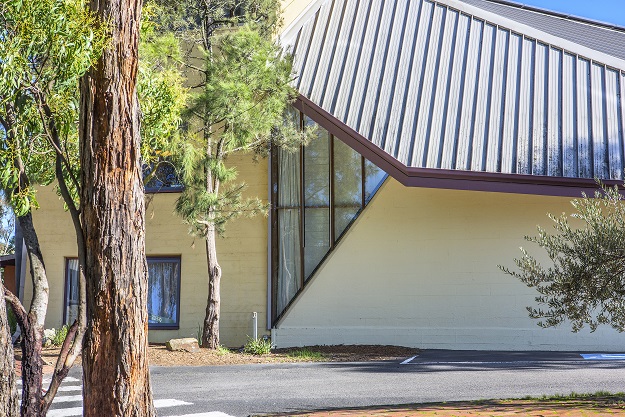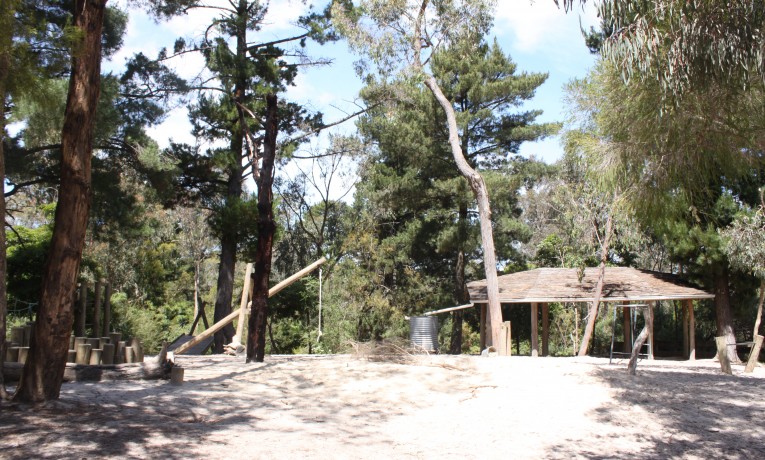Being clever is not enough in our times; the solid human qualities of freed will and healthy deep feeling must accompany clear thought.
- Why are children taught reading later?
Regardless of the capacity of a child we defer formal reading until the child has reached class 1. This allows a child to defer abstract training until their change of teeth, and so enjoy the immersive, dreamy world of early childhood. A simple yet rich range of experiences without academic stimulation strengthens children’s well being and provides a strong foundation for physical health, future work and future thinking.
- Will my child have equivalent academic skill to children at other schools?
While there may be some variance during early junior school, students from MRSS have comparable academic skills by the time they enter senior school and equal skills and outcomes by the end of their schooling. They may also have a greater depth of understanding, a more creative, independent outlook and greater resilience overall.
- Will my child be able to compete with students from other schools for places at university?
Students from MRSS achieve excellent scores at the end of year 12 and achieve entry into their preferred courses.
- Does Steiner education suit all children?
Our education suits a wide range of children and is helpful to children who enjoy insightful teachers and a warm and friendly environment. The confidence and support of parents who have a good understanding of the schools’ aims is very helpful to their children.
- Why are computer skills not taught in junior school?
During junior years we value all possible time spent in tactile activities such as crafts, arts, music and movement and reading, writing and calculating using simple materials. These strengthen the physical health of children, their fine motor skills and sensory development and nurture their feelings and imaginative life in rich yet subtle ways, leading to clarity of thinking later on. The cool, abstract qualities of computers are more appropriate to students in later years, where the appropriate skills can be developed quickly as needed.
- Why no television?
There is an increasing amount of evidence from various bodies that the passivity inherent in watching television and using other electronic media is counterproductive to learning and healthy development in the young child.
In choosing a Steiner school education parents realize that they are choosing a philosophy that strongly advises against the use of television and other electronic media in the children’s lives, most especially in their junior years.
Class teachers cannot stress enough that without exposure to these media, children benefit greatly both in the short and long term. In the classroom these children tend to exhibit a wholesome interest in their work, show considerable will to engage in all activities and most importantly of all retain that most vital power of childhood.
Parents of young children are urged to resist the convenience of electronic media and instead to consider that our mutual aim is to nurture fully engaged individuals. Meaningful activities are not so hard to dream up once you begin! Baking together, digging the veggie garden, walking, drawing, indoor building… Setting aside routine times daily to engage in these activities creates a rhythm or routine within the family. Children – young and old – who are used to creating, playing and working with their imaginations tend to emerge as self empowered, resourceful and independent individuals.
The educational ramifications are enormous and pronounced: regained childhood, improved ability to concentrate at will, to participate in lessons, creative imagination, penetrative thinking and improve sociability.

